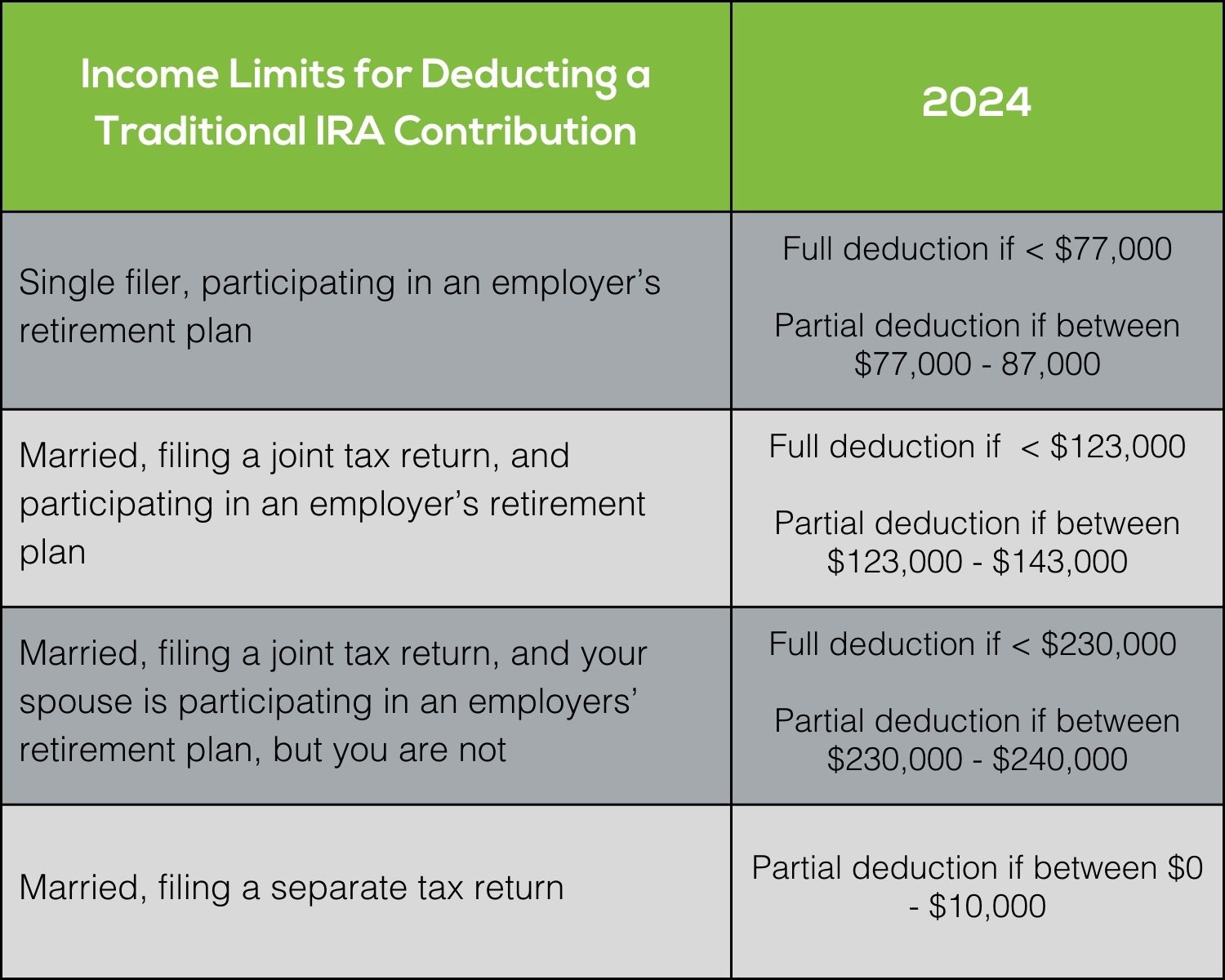Catch Up Contributions
Saving enough money for a comfortable retirement is probably one of your main financial goals. But, with so many other demands on your money, it’s easy to get off track.
If you are age 50 or older and want to make up for lost time, the tax law allows you to catch up on your savings.
You can contribute extra amounts to an employer-sponsored retirement savings plan and/or an individual retirement account (IRA).
Save Through Your Employer
401(k) plans and other employer-sponsored retirement plans allow participating employees to contribute a portion of their pay to the plan.
In 2024 – if you are under the age of 50 – the most you can individually contribute into your employer-sponsored retirement plan is $23,000.
However, if you’re 50 or older, you can contribute an additional $7,500 to your employer-sponsored retirement plan as a “catch-up contribution.”
Save on Your Own
A similar opportunity exists with individual retirement accounts or IRAs.
In 2024, if you are under the age of 50, the most you can contribute to an IRA is $7,000.
However, if you’re 50 or older, you can contribute an additional $1,000 to your IRA as a “catch-up contribution.”
There is no rule against contributing to an employer’s plan and an IRA — you can do both!
However, depending on your income, contributions to a traditional IRA may or may not be tax deductible when you or your spouse participate in an employer’s plan.

The annual limits on contributions will increase in the future. If you are able, taking advantage of catch-up contributions can be an impactful step in building up retirement assets.
Work with a Financial Professional
Looking for guidance to get back on track with your retirement savings goals? Schedule a meeting with a financial professional at Emerj360.

